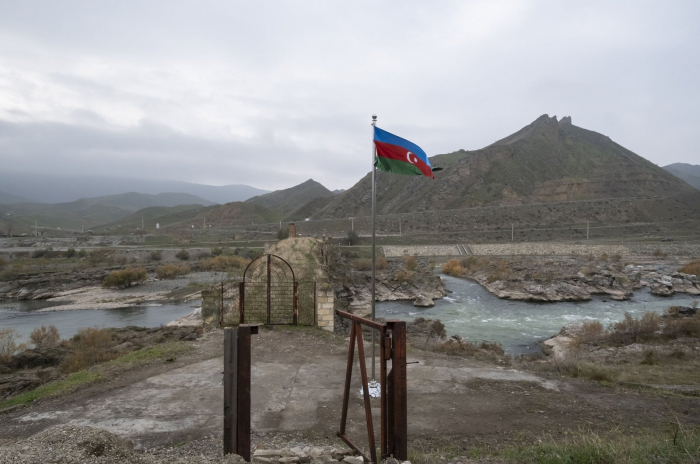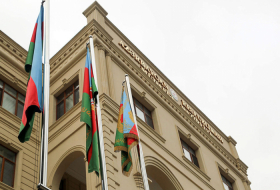Reciprocity plays a fundamental role in shaping international relationships, especially in the context of international law. In international relations, reciprocity is the principle by which a state grants benefits and rights to another state only if the other state grants it the same treatment. The interpretation is that a state may refuse a particular treatment of another if the latter refuses to take a similar stance. International law, in this sense, exists because there is no overarching legal authority with compulsory jurisdiction to enforce agreements.
States based their decisions on reciprocity when entering into agreements and treaties, including the exchange of favors and fair treatment, uniform conduct, and fulfillment of international obligations.
Neoliberals consider reciprocity as the basis of cooperation against anarchy arising from the absence of a central authority in interstate relations. American neoliberal thinker Robert Keohane underlines the importance of reciprocity in state collaboration. Reciprocity is often also invoked as an appropriate standard of behavior that can produce cooperation among sovereign states. In American political scientist Robert Axelrod’s terminology, reciprocity is a tit-for-tat strategy. Such a strategy permits collaboration in a state of nature without the authority to enforce agreements.
It must be emphasized that, in most theories of international relations, reciprocity is considered an instrument for achieving the development of relations of mutual trust and long-term mutual obligations and is an incentive for compliance with international standards. Similarly, it is considered a fundamental principle for the interaction of states to manage crises effectively.
The concept of reciprocity, which has played an essential role in generating cooperation and conflict resolution between states, can help bring about the signing of an agreement between Azerbaijan and Armenia.
Despite the ongoing peace negotiations between Azerbaijan and Armenia for the last two years, no agreement has yet been signed. Of course, the basis is that the two countries differ on many issues. Nevertheless, signing an agreement may provide new cooperation opportunities in the region, whereas not signing an agreement may lead to war. Therefore, ways of signing should be sought.
If the principle of reciprocity is applied to the solution of these issues, the parties can reach an agreement quickly. In his latest statement, Azerbaijan’s President Ilham Aliyev also referred to this principle and discussed the possibility of solving problems in this way. Moreover, suppose we pay attention to the differences of opinion between the two countries. In that case, it can be said that the implementation of an approach of reciprocity will accelerate the peace agreement process.
Azerbaijan’s proposal
Last year, in February 2022, Azerbaijan advanced a five-point proposal that would form the basis of a peace agreement. To summarize, all five points in this proposal include the principle of reciprocity.
However, although Armenia generally accepted them in principle, there has been a difference of opinion on three issues.
First, the Armenian side demands special rights and security within the framework of an international guarantor for Armenians living in Azerbaijan’s Karabakh Economic Zone (KEZ) and wants this to be included in the agreement. Second, Azerbaijan also demands that the Azerbaijani people forcibly expelled from Armenia in 1988-1990 return to their lands and that Armenia provides them with the same rights and security guarantees. In short, Azerbaijanis can live in the same way as Armenians living in Azerbaijan.
Armenian Prime Minister Nikol Pashinian admits in his statements that Azerbaijanis lived in Armenia until 1988-1990. The number given for these exiles varies between around 250,000. Thus, if Armenia can provide the same human rights and security rights demanded of Azerbaijan for Armenians living in the KEZ to Azerbaijanis returning to their homes in Armenia, then the ethnic communities living in both countries can have the same status. It means the countries should reciprocate similarly for their ethnic communities.
Second, while the Armenian side does not want an Azerbaijani control point on the Lachin road between the KEZ and Armenia, it intends to establish its controls in the Zangezur corridor between the Azerbaijan main territory and the Nakhchivan Autonomous Region. Following the Trilateral Statement of Nov. 9, 2020, the two countries should provide the unimpeded flow of people and goods through the Zangezur and Lachin roads for humanitarian and commercial purposes. However, while Armenia used the Lachin road unhindered for a long time, it did not open the Zangezur passage for Azerbaijan’s use, citing various reasons, including the absence of the term “corridor” in the statement. Finally, President Ilham Aliyev suggested that both sides put checkpoints on the Zangezur and Lachin roads. This could be the solution to both parties’ issues.
Third, although Armenia claims that a particular area of its territory is “occupied” by Azerbaijan, it does not accept that eight Azerbaijani villages are still under Armenian occupation. Both parties can reach an agreement on this issue within the framework of the principle of reciprocity.
By adhering to the principle of reciprocity, the parties can reach a more accurate and fair result through mutual negotiation. Otherwise, the third party’s interests will be included in the talks, and the possibility of the agreement becomes more remote. In this sense, while Washington and Brussels support normalizing Azerbaijan-Armenian relations through bilateral negotiations, Moscow only supports a final peace agreement through mediation, resulting in a stalemate rather than a resolution.
Javid Valiyev is Head of Department at the Baku-based think tank Center of Analysis of International Relations (AIR Center)
More about:
















































